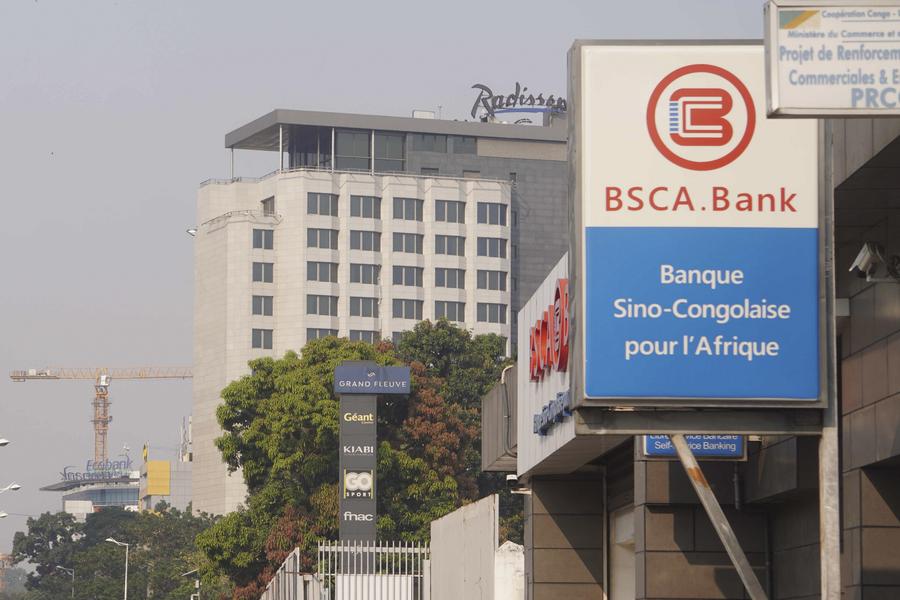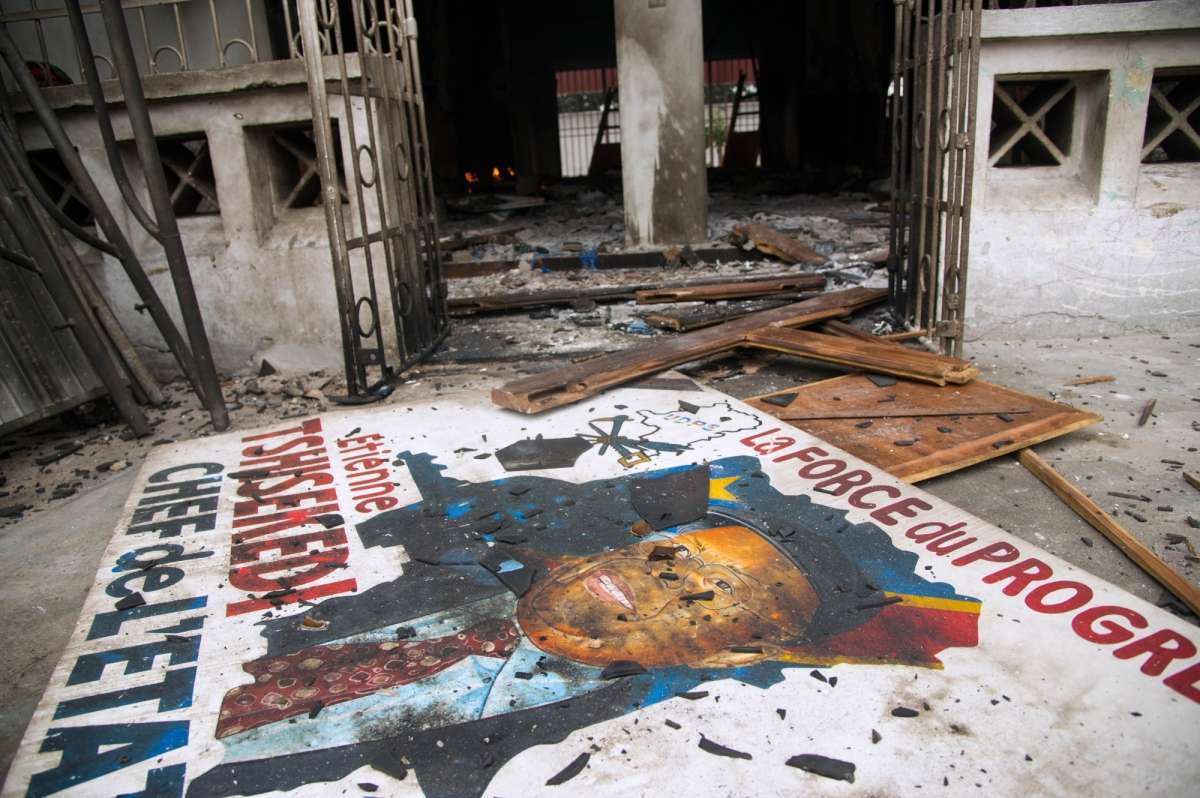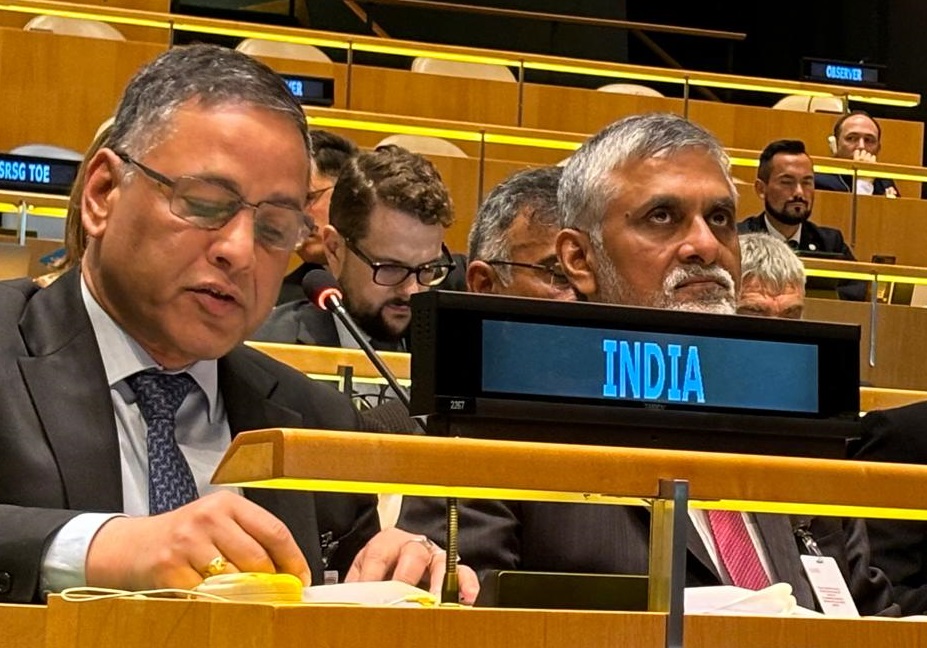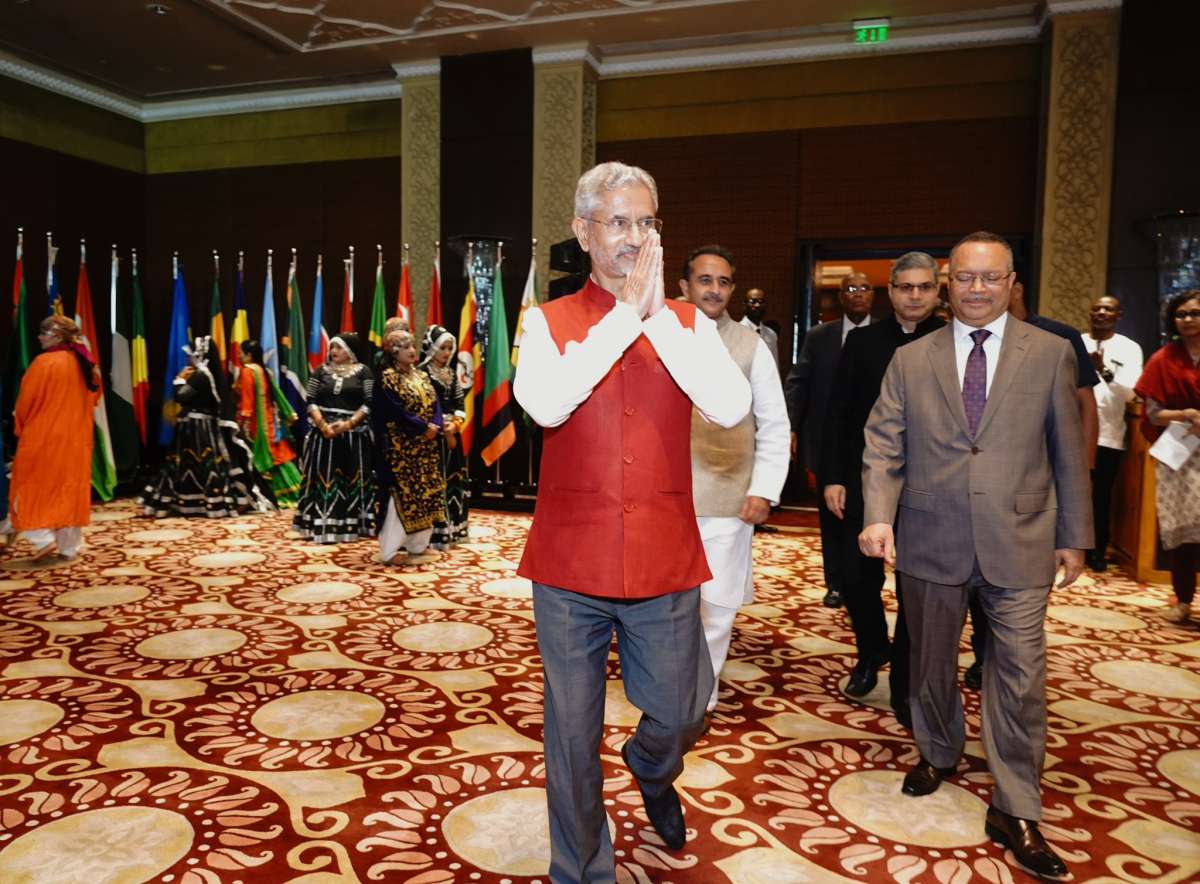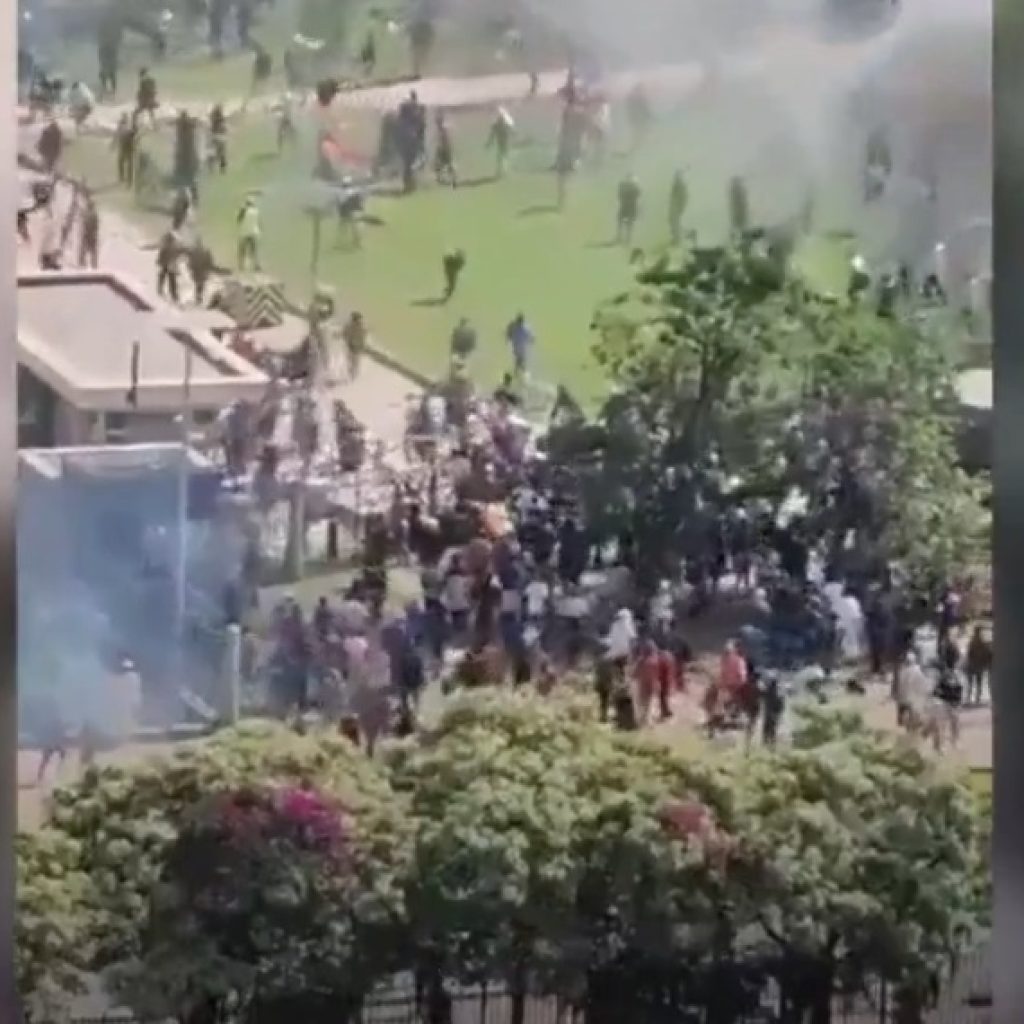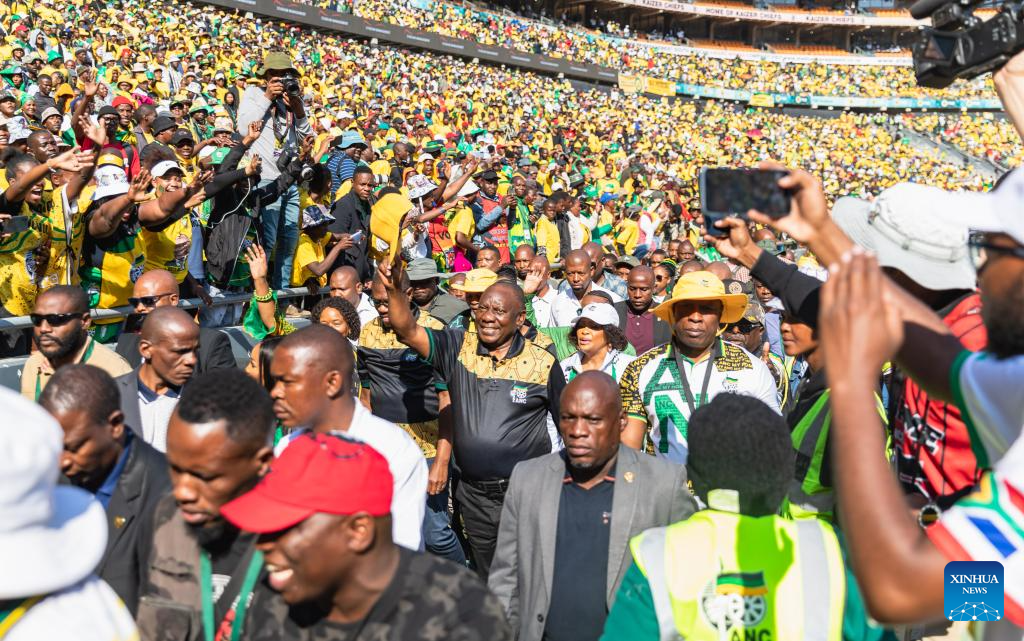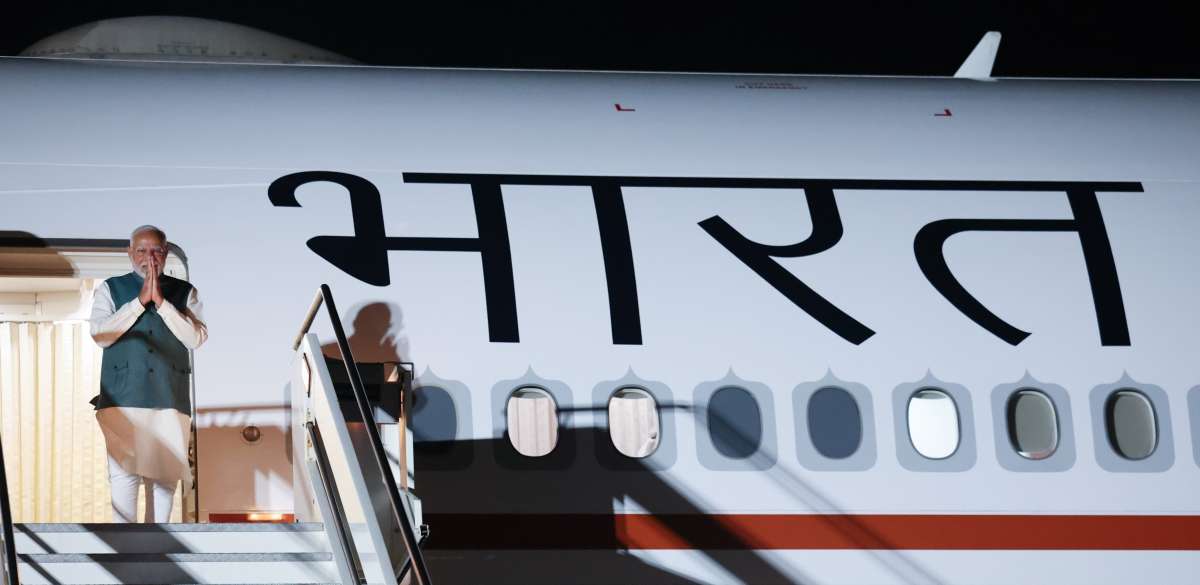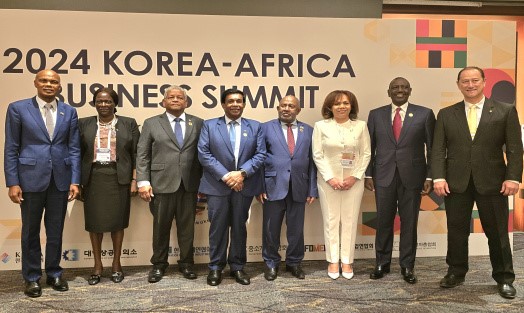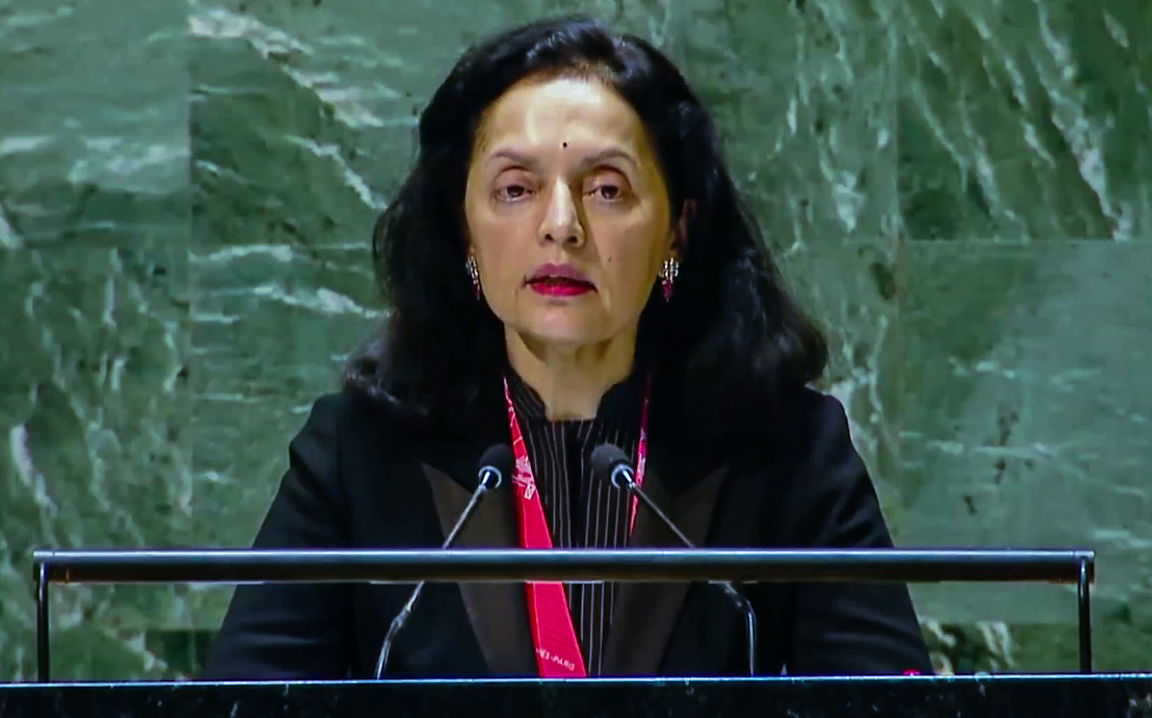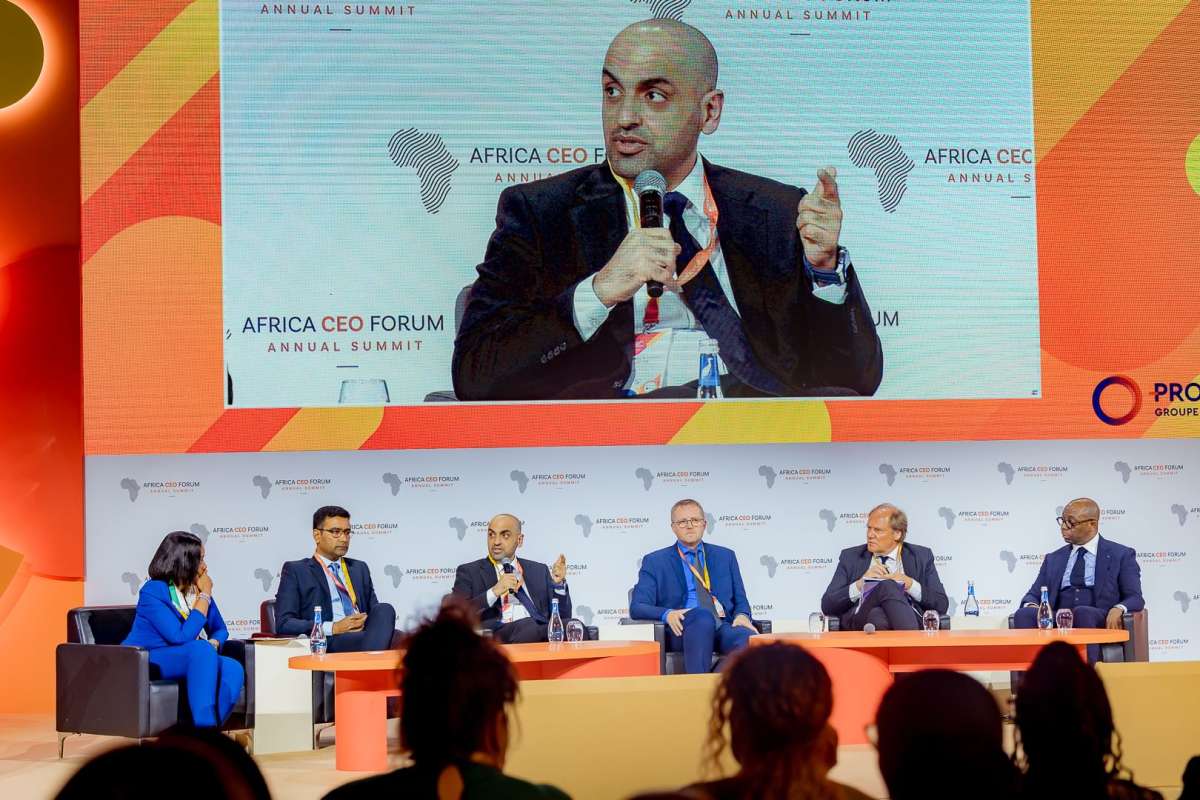In a reflection of China’s broadening relationship with Africa, Xi outlined 10 “partnership actions” at the Forum on China-Africa Cooperation that included $140 million in military assistance…reports Asian Lite News
Dozens of African leaders gathered in Beijing for a summit that signals China’s influence in a continent that it hopes will be a key ally in pushing back against a US-led global order.
Chinese President Xi Jinping promised the leaders billions of dollars in loans and private investment over the next three years, and proposed that relations with all African countries that have diplomatic ties with China be elevated to the “strategic” level.
“We stand shoulder to shoulder with each other to firmly defend our legitimate rights and interests,” he said at the opening ceremony of the Forum on China-Africa Cooperation.
China has become a major player in Africa since the forum was founded in 2000. Its companies have invested heavily in mining for the resources Chinese industry needs, and its development banks have made loans to build railways, roads and other infrastructure under Xi’s Belt and Road program.
African leaders have welcomed China’s assistance but are pushing for a closer alignment of aid with the continent’s development goals. They are seeking to industrialize their economies and expand agricultural exports to reduce a trade deficit with China, which has become sub-Saharan Africa’s largest bilateral trading partner.
“In the context of our industrialization effort, the portfolio of private investments in Africa should be sufficiently diversified to extend beyond the traditional field of mining and energy resources,” Moussa Faki Mahamat, the chair of the African Union Commission, said, addressing the forum in French.
In a reflection of China’s broadening relationship with Africa, Xi outlined 10 “partnership actions” that included training for African politicians and future leaders, further opening of Chinese markets, agriculture demonstration areas, vocational and technical training, green energy projects and 1 billion yuan ($140 million) in military assistance grants.
Xi said China would eliminate tariffs on products from most of the world’s poorest countries, including 33 in Africa, in an expansion of existing exemptions.
“While commending the overall progress so far achieved, we also appreciate the announcement of further areas of partnership actions,” said Tanzania’s President Samia Suluhu Hassan, speaking on behalf of eastern Africa. “We salute a new characterization of China-Africa relations.”
China is training more military professionals in Africa than anyone else, and its widespread leadership and governance training gives the country an extra layer of influence by putting it in touch with consecutive generations of politicians, said Paul Nantulya, who specializes in relations with China at the African Center for Strategic Studies in Washington.
The relationship has moved beyond trade and investment to take on political overtones.
“Modernization is an inalienable right of all countries,” Xi said. “But the Western approach to it has inflicted immense sufferings on developing countries. Since the end of World War II, Third World nations, represented by China and African countries, have achieved independence … and have been endeavoring to redress the historical injustices of the modernization process.”
China has tried to position itself as a leader of the Global South, a catchphrase for the developing world. While others don’t necessarily see China as the leader, its message of rewriting the international order resonates with African nations that feel frustrated and abandoned by their traditional Western partners.
Many African nations have been openly critical of the US role in the war in Ukraine and refused to condemn Russia’s invasion, taking a non-aligned stance that has led to political frictions with the US.
“As our history demands, South Africa will continue to pursue progressive internationalism,” South Africa President Cyril Ramaphosa said during talks with Xi earlier this week. “Building on the firm foundation of solidarity, we continue to provide support in promoting our interests, those of the African continent and the Global South.”
Xi voiced hope that based on the Dar es Salaam Consensus between China and Africa, both sides will step up research and exploration on the development path of Global South countries, China-Africa and South-South cooperation, and continue to provide important intellectual support for building a high-level China-Africa community with a shared future and safeguarding the common interests of the Global South.
“It is very humbling to receive feedback that indeed our letter has been signed by President Xi Jinping. The rise in African voices is of great importance to safeguarding the benefits of Global South countries, and I attribute the recent rise in African voices when it comes to scholarly exchanges on Sino-African relations to initiatives by the Chinese government led by President Xi,” said Paul Frimpong, executive director of the Africa-China Center for Policy and Advisory, a think tank based in Ghana.
“China-Africa academic exchanges have yielded fruitful results, many African scholars like me could access various platforms to do field research and exchange academic ideas with other African and Chinese counterparts, enabling the two sides to deepen our mutual understanding and foster better policies to boost the bilateral cooperation,” Frimpong said.
ALSO READ: Indian, South African Navy ink pact to boost submarine rescue ops


